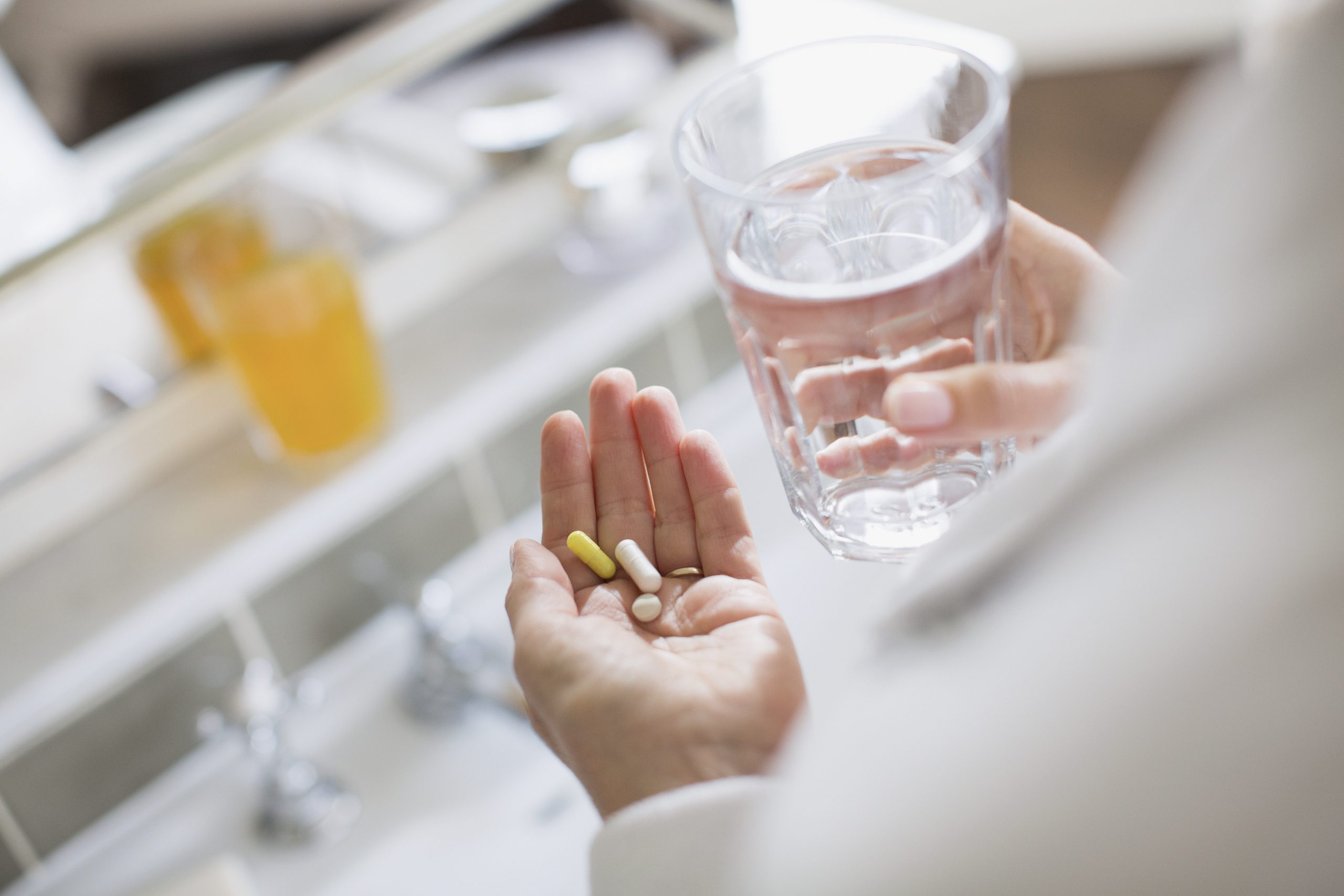Ibuprofen and aspirin can help to tackle major depression, study reveals

Figures from World Health Organisation reveal that across the globe more than 300 million people of all ages suffer from depression.
And now new research has revealed a potential new low-cost treatment for this mental illness.
Published in the Journal of Neurology, Neurosurgery & Psychiatry the study analysed 26 existing studies involving 1,610 people and found that NSAIDS (Non-steroidal anti-inflammatory drugs) – such as Ibuprofen and aspirin – were 52 per cent more effective at reducing overall symptoms associated with Major Depressive Disorder (MDD) when compared to a placebo, and 79 per cent more effect in eliminating symptoms when compared to a placebo.
Researchers at Huazhong University of Science and Technology in China also revealed that additional anti-inflammatories such as statins and omega-3 fatty acids – such as those found in fish oils – also helped to fight MDD.
And when the above anti-inflammatories were combined with anti-depressants, they boosted the latter’s effectiveness.
They concluded, ‘Our systematic review and meta-analysis suggests that anti-inflammatory agents exert an antidepressant effect in the treatment of MDD and were generally safe with rates of adverse effects similar to those of placebo. Adjunctive treatment shows a more remarkable effect with NSAIDs, omega-3 FAs, statins and minocyclines showing significant antidepressant effects for MDD.’
MORE:Study reveals link between taking contraceptive pill during teen years and depression
Sign up to our free daily email for the latest royal and entertainment news, interesting opinion, expert advice on styling and beauty trends, and no-nonsense guides to the health and wellness questions you want answered.
Before adding a note of caution by writing, ‘Anti-inflammatory agents show promising effects for MDD. However, owing to the chronic course of MDD, quality of life and adverse effects should be further investigated in high-quality randomised clinical trials with long-term follow-up.’
Prof Ed Bullmore, head of the department of psychiatry at the University of Cambridge, welcomed the study findings, but said: “This should encourage further consideration of ways in which we could use a range of anti-inflammatory interventions to help people with depression, perhaps especially people who are already taking a conventional antidepressant drug with limited benefit.
“However, as the authors conclude, further trials will be needed to support licensing and medical prescription of these and other anti-inflammatory agents for depression.”
Miriam worked for woman&home for over five years and previously worked on the women's lifestyle magazines Woman and Woman's Own.